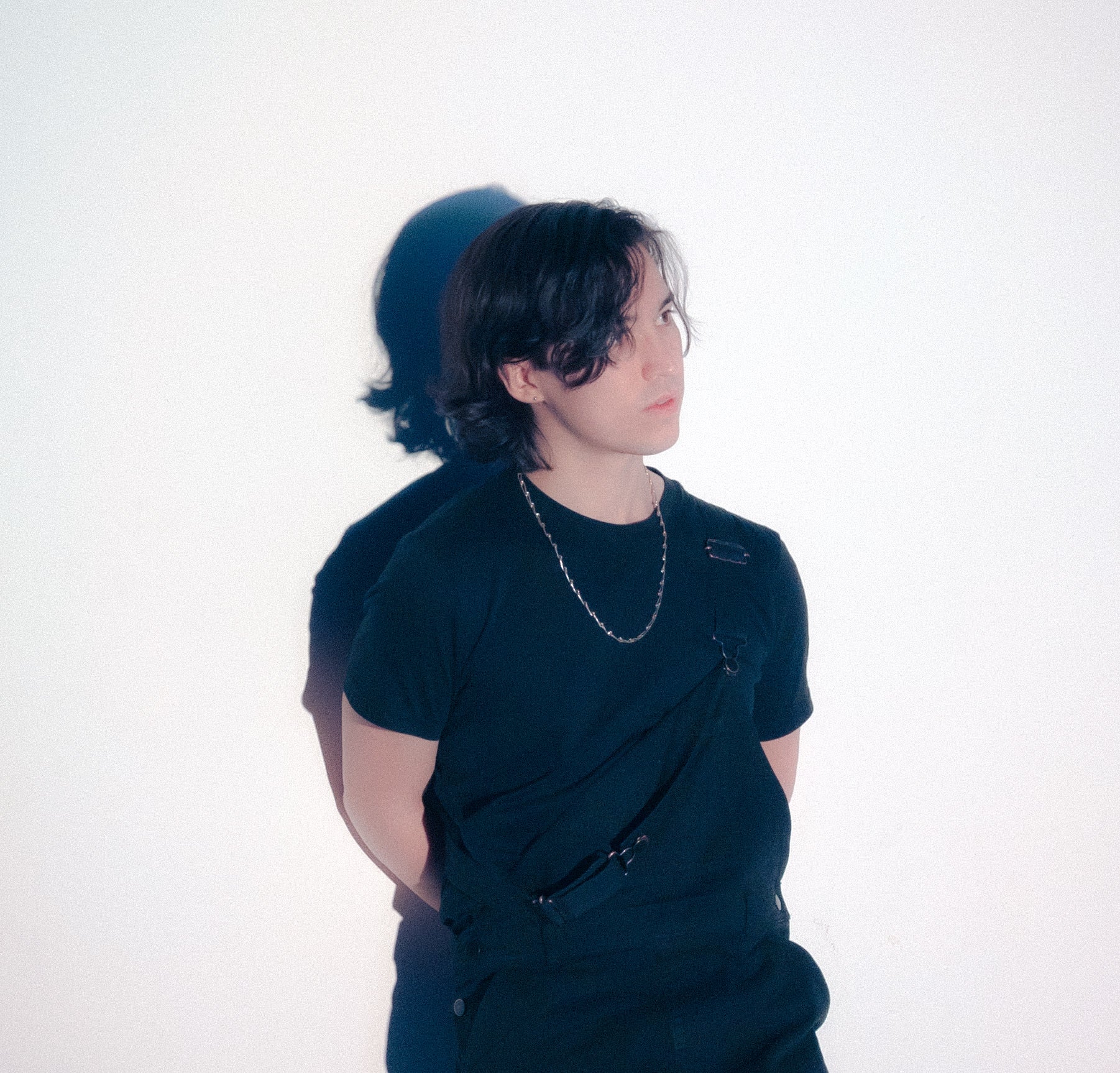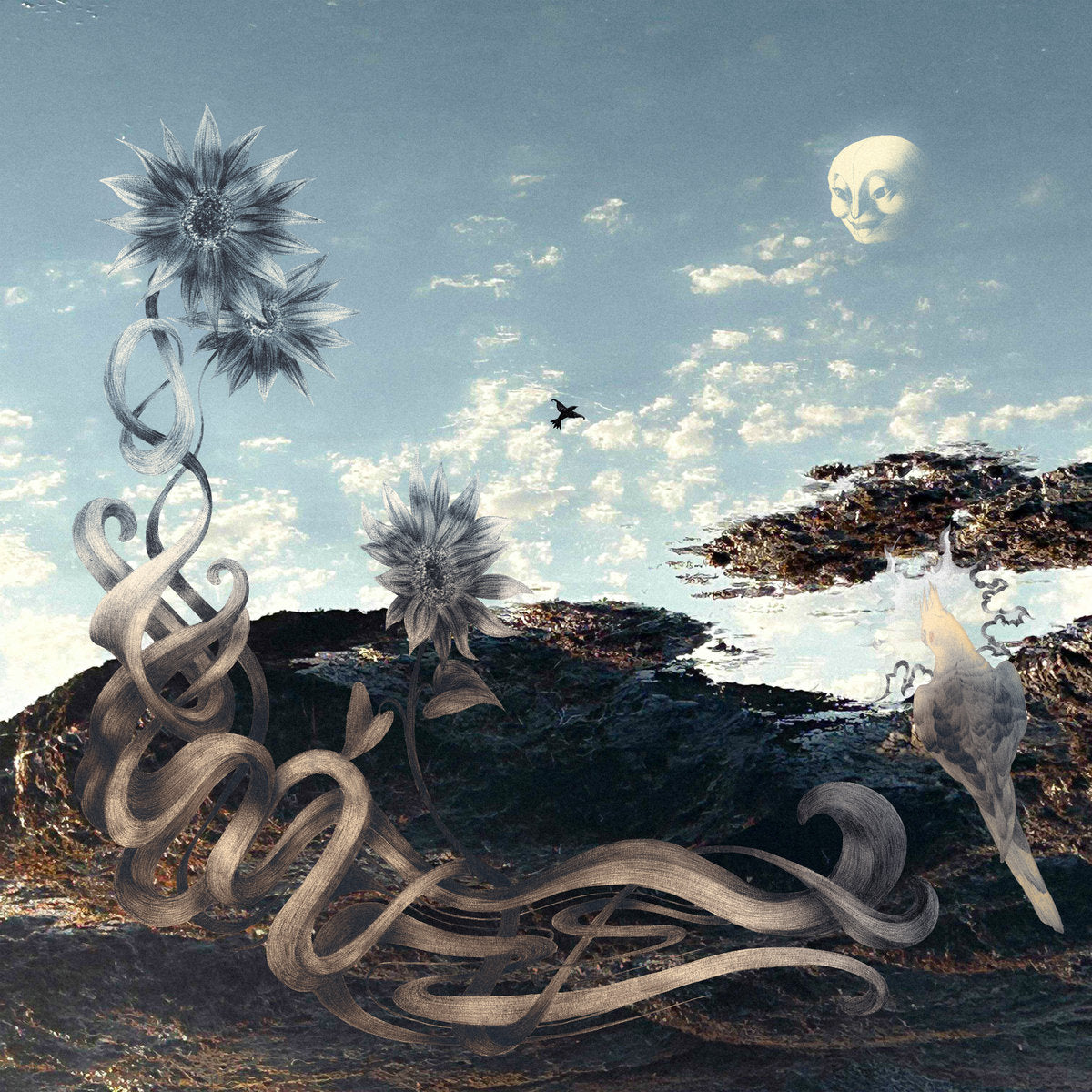
Hudson Lee Talks Light Dancer, Influences & More
Written by: chris.
I believe it was around late 2019 when I first encountered Hudson Lee. Throughout 2020 and into 2021, they became almost impossible to miss. They'd earned well-deserved respect from people whose opinions I hold in high regard and became one of those “your favorite’s favorite” artists.
In the years since, it’s been a pleasure to watch Hudson meticulously craft their sound while heavily influencing the style of those around them. There’s something undeniably unique about Hudson’s perspective, yet it is how well they sit perfectly in that “sound system music” pocket that makes them truly stand out to me.
What do you get when you combine Tipper’s sound design techniques with the warmest synth and vocal tones imaginable, all wrapped in a bold, contemporary design aesthetic? A perfect preview of what’s coming next in our scene. I have never been more certain that someone is a beacon of the future than I am with Hudson Lee.
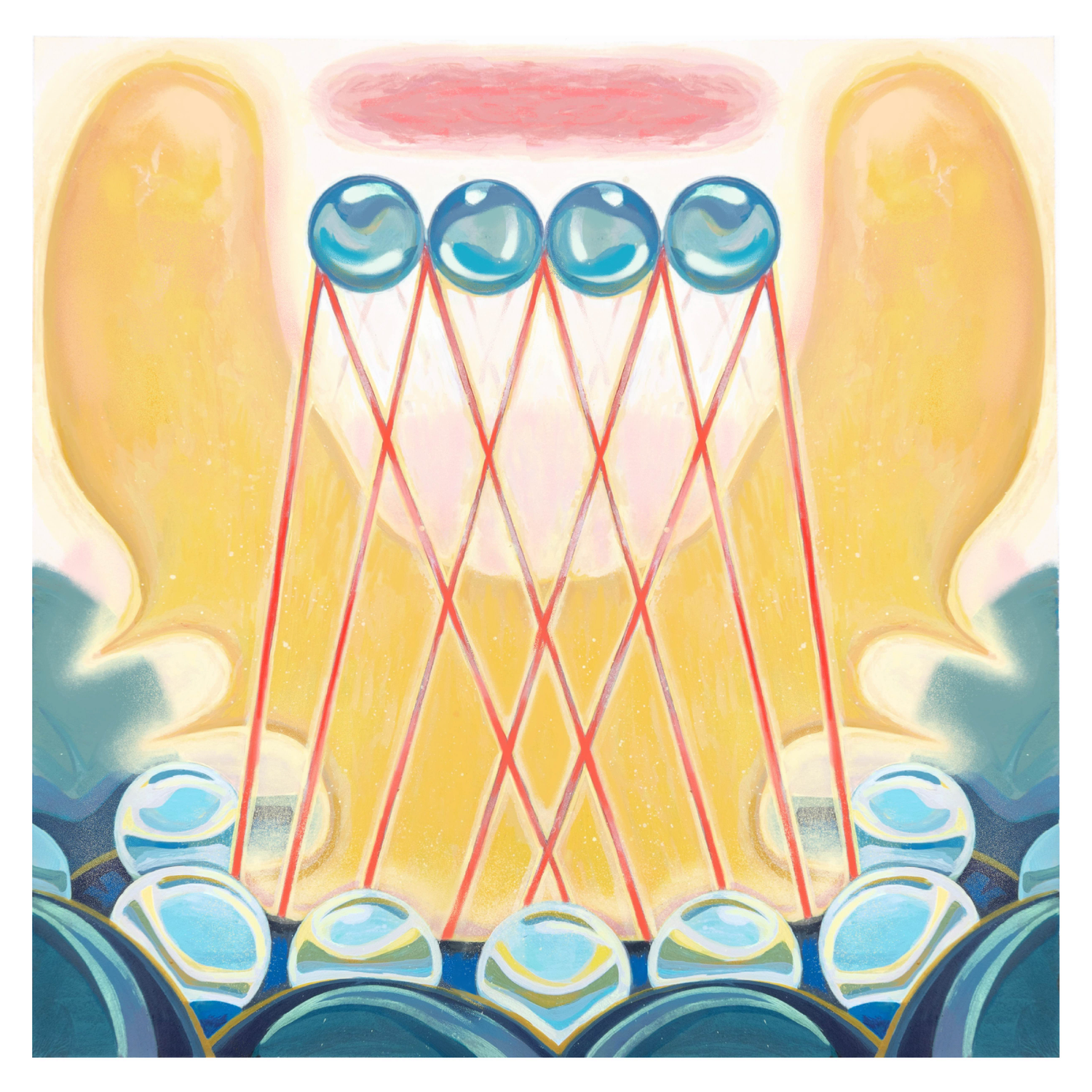
Listening to Light Dancer feels like hearing a synthesis of every influential producer over the past 15–20 years, balanced and refined to perfection. I’ve never heard anyone transition so seamlessly from Arca-like deconstructed club sounds to Koan Sound-level glitches, then into playful Berlin School ambience.
I’ve wanted to catch up with Hudson for years, so with their recent release, it felt like the perfect opportunity to pick their brain a bit.
Being totally honest, this might be the most trouble I’ve had narrowing down questions. I have so many things I want to ask. I really wish I was able to have this conversation in person. Maybe we can circle back sometime once we get more video format interviews/content going and do something in person? Let me know the next time you’re around Portland and maybe we can set something up.
Synapse: I like to start at the beginning. What was the initial spark or moment that drew you into music production? Was there a single track, artist, or life experience that just made you think, “This is it—I’m all in” ..?
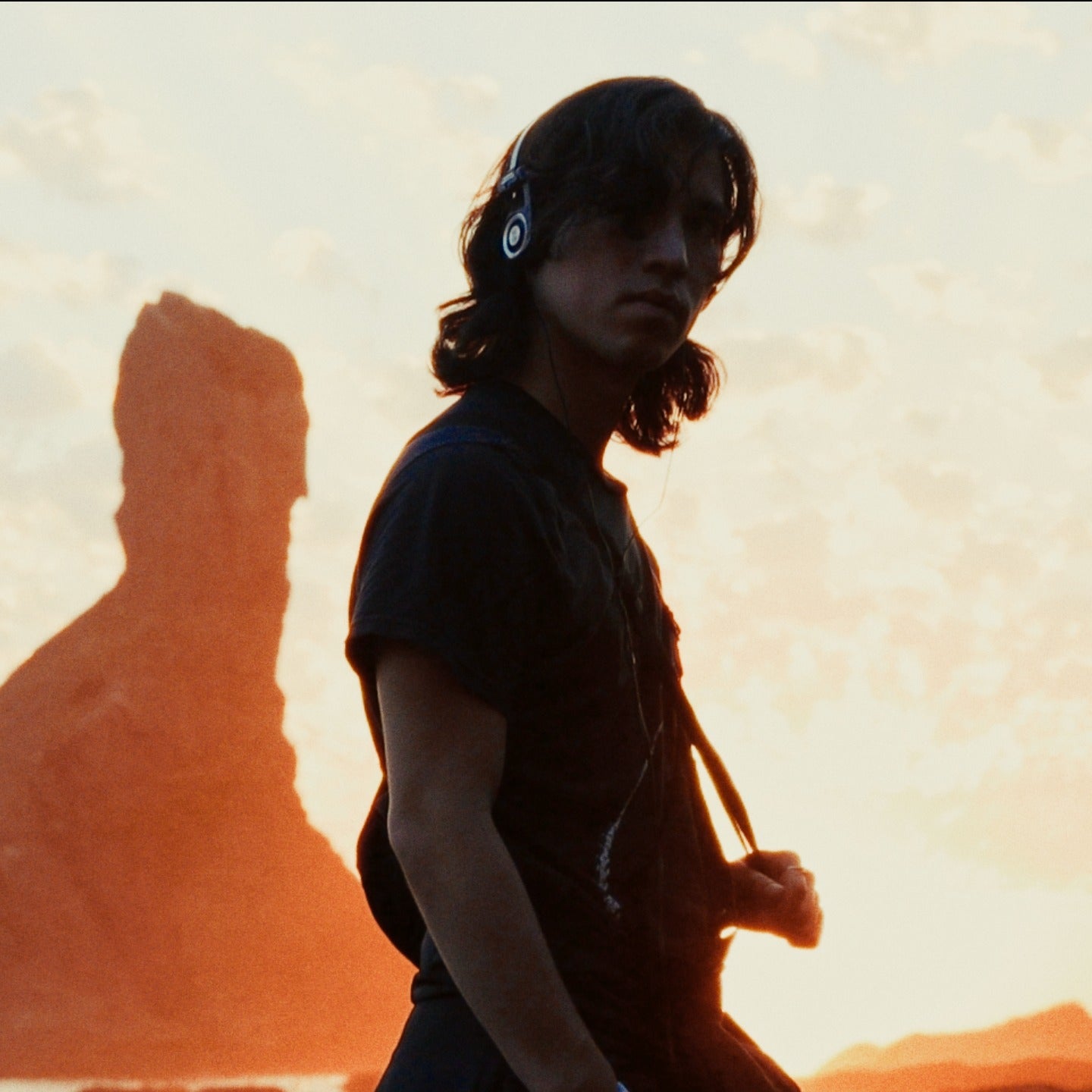
Hudson Lee: It's hard to pinpoint a specific point in time I started making music generally. I've been around music my entire life. My mum was pregnant with me at the Winnipeg Folk Festival, which I would then go on to attend every year up until I was 18. I first downloaded a DAW when I was ~9, and asked my parents to buy me an FL Studio license around a similar time. I am 25 now.
Synapse: Wow. That’s awesome. That definitely explains a lot, and is also super inspiring as a parent who only hopes for that exact scenario to play out.
HL: I mean, they definitely weren't super into the idea of me dropping out of university to pursue music full time, and I don't entirely blame them with the financial struggles I face these days. But they've generally been understanding. My dad did something similar at my age, with a career in ceramics and landscape architecture.
Synapse: When it comes to making this financially viable as a career, do you have an ambitious plan in place? Are you following some guidelines from your mentors? Or are you trying to find your own path?
HL: I think many of my mentors are struggling in similar ways to me. I think the world is in a very difficult place economically and art industries are some of the first to suffer. I'd ideally like to find places to temporarily transfer my skillset with the primary goal of working on personal projects.
Synapse: I could genuinely do this entire interview and more on just that topic, but I wanna talk Light Dancer so I’ll steer is back there.
Have you been listening/interested in electronic music the whole time? Light Dancer feels like an amalgamation of the last 25 years of contemporary electronic music. It feels like the influences range from Aphex and Tipper to Iglooghost and Arca, can you talk about some of your major style influences?
HL: I have been interested in electronic music the whole time! I found the 'Neurohop Forum' when I was 13, falling in love with bass music sound design. In parallel, all throughout my life, I've found myself with a taste for a lot of music outside of EDM. Light Dancer is largely inspired by a lot of pop music, most notably Imogen Heap and Caroline Polachek. More electronic influences include Oneohtrix Point Never, Slauson Malone 1 and Mid-Air Thief to name a few.
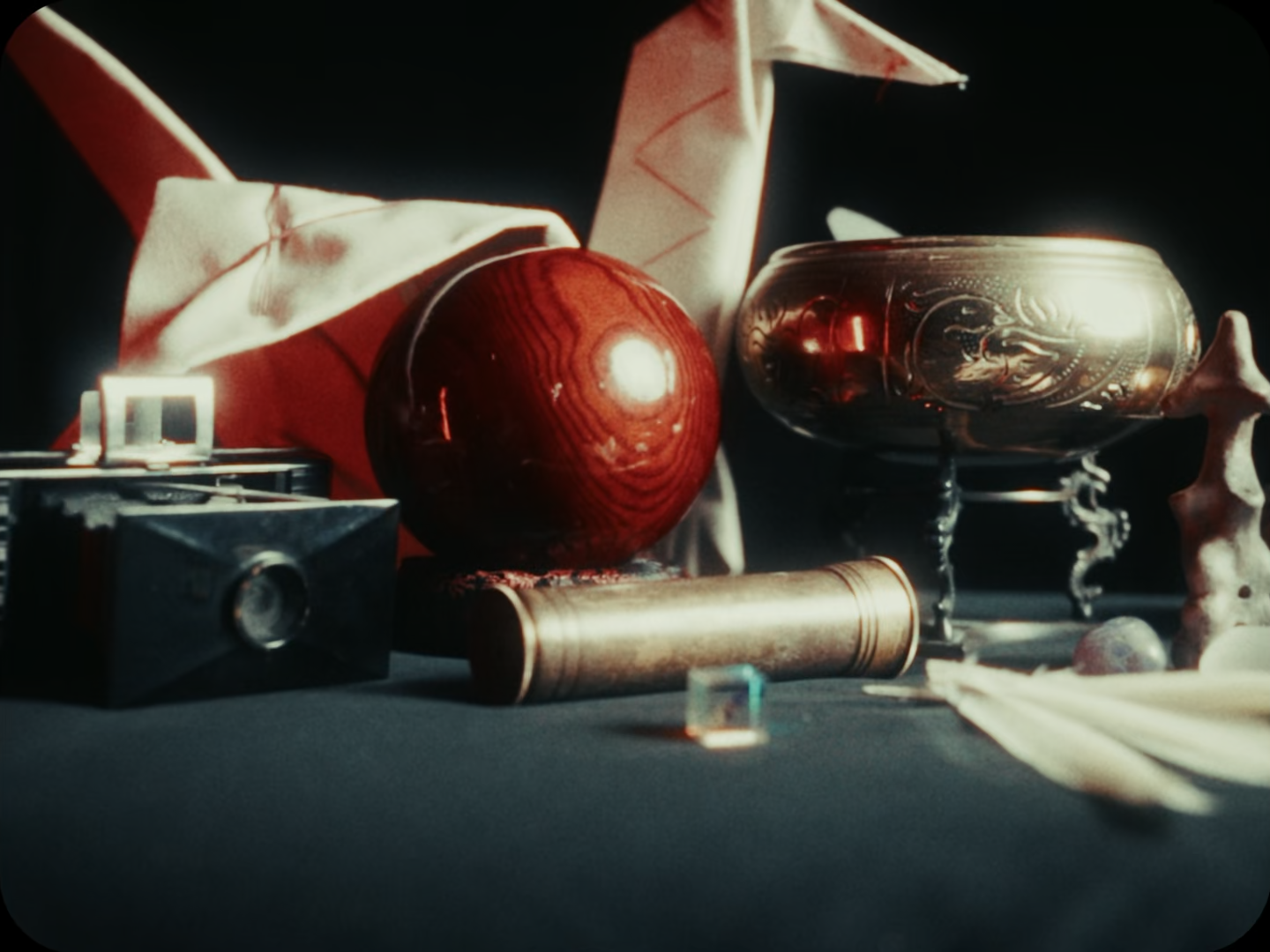
Synapse: I remember reading in a previous interview that after Reflex Angle you wanted to approach this next album by writing each song with the larger project in mind throughout the process, is that something you stuck to?
HL: When I first set out to write this album, I wrote down a list of skills I wanted to learn or improve in the process of collecting my sound palette. On the list were things like vocals, upright bass, guitar, max msp ... I actually wrote a whole songwriter EP to sample into the tracks that would eventually become the album.
In contrast, my previous records came together in a mix-tapey sort of way, where I was stitching together demos that I had made without the intention of them being a part of a larger project.
Synapse: The “album” is a daunting concept that I’ve struggled with facing many times in my life.
HL: I feel like because of how often I write about my own life, songs tend to naturally fall into a narrative together.
Synapse: Is there a narrative to Light Dancer or anything in particular that it represents? Growth? By the sound of it?
HL: There is a loose narrative in the project based on a series of dreams I had in which I would wander around a large pagoda full of parrots puppeteering origami parrots, surrounded by dense overgrowth and misty folding skies. I imagined a world rich with alchemical magic and witches.
A lot of the environments I've imagined that songs are based on, are sort of meant to be a 'physical' representation of health issues I've had.
Synapse: That’s such an interesting response and perspective on sound. Pardon me a second while I try to wrap my head around it and follow up.
HL: Apologies, if I'm a little scatter brained right now, I'm still a little flustered from the power outage as I sit here at my friend Ampzer's house, and he's making a banger of a techno song.
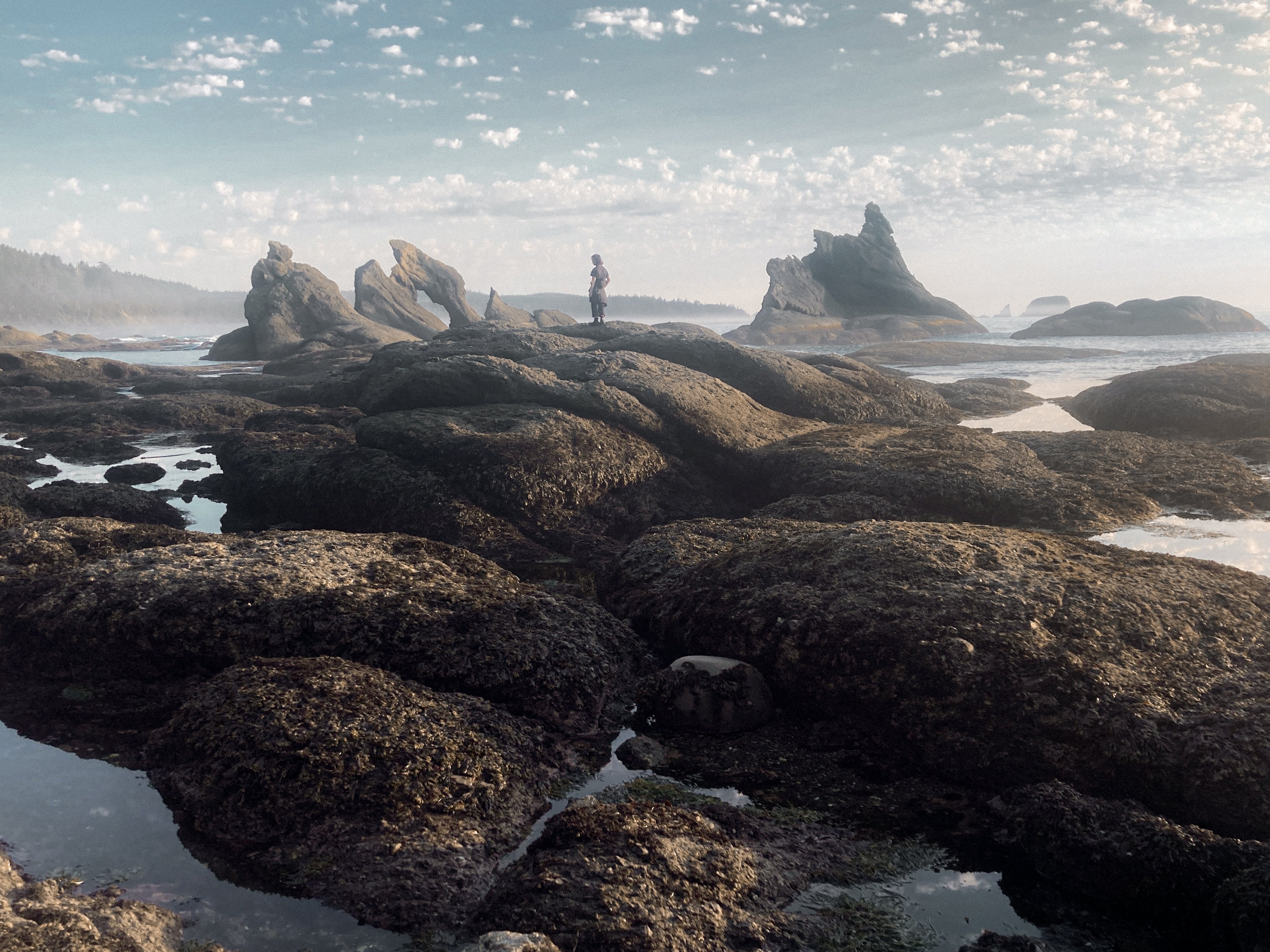
Synapse: It’s just so amazing all of the different places that music flows from people. I’ve been a producer for 10 plus years, and it’s basically just a tool to keep my head on. My last interviewee just “likes mucking around with his keyboards.”
The intentionality in your music is very apparent, and makes for a really deep and profound listening experience. I’ve really really been curious about this and so your answer was thought provoking.
Does revisiting the songs later provide you with insight into your life? Does it work as sort of an archive of where you’ve been on your health journey?
HL: This is a fantastic question. Gonna need to take a moment to think about it.
It does. Oftentimes when I return to old music I've written, I struggle to identify with it. However, I feel like this can be a really great exercise in remembering where I came from.
Synapse: I can 100% relate to that. There is this underlying tone that I recognize as mine, but I find it hard to “return” to that space. That comes up sometimes before I finish songs too, where I’m just not the same person I was when I started the song, so I struggle to finish it.
Collaboration seems to be part of your DNA. How do you approach influencing each other’s sound when working with other artists? Any pet peeves or golden rules when collaborating? Were the collaborations on Light Dancer intentional to the narrative of the album?
HL: I went into the project knowing that there were specific people influential to my art and personal life that I wanted to work with. Some of my best friends really. I try not to have any rules, I often like to approach collaboration by attempting to have a conversation through music, giving space to listen while also giving input. I'm really inspired by Rodrigo Constanzo's 'Play Talk Play' series on Youtube. There's a great episode where he works with a group of jugglers and plays percussion in response to their juggling.
This is an example of a game of musical telephone I played with my artist collective which might help illustrate the way I like to collaborate: (Link to SoundCloud).
Synapse: Is there a side of your creative process that you think fans might be surprised by? Maybe something more mundane or even quirky about how you work?
HL: I feel like my process is pretty transparent! A lot of my sound design these days works through cleverly collaging many simple sounds together rather than through complex processing. When writing my previous album Reflex Angle, I had a tendency to over-process things, and then would end up recreating sounds or layering them with much simpler sounds.
Synapse: Your influence on many artists around you is undeniable, as well as their influence on you. What does that sort of mutual admiration do for your process and your art?
HL: I spend a lot of time writing music with friends in person and on the internet. I feel like I’ve learnt more through the process of collaboration than anything. Referring back to the idea of communication through music, I learn a lot about myself and my preferences through improvisation.
Synapse: What is your ultimate vision as an artist? If you had all the time and resources you needed to do anything you wanted, what would you do?
HL: If I had more time I would spend it developing my skills as an illustrator. I often feel like I have a lot to say through visual language, but I don’t feel like I’m skilled enough to get it out of my system as quickly as I feel it. Once I develop those skills, I’d like to apply them in the context of an A/V show.
Synapse: Thank you so much for your time!
